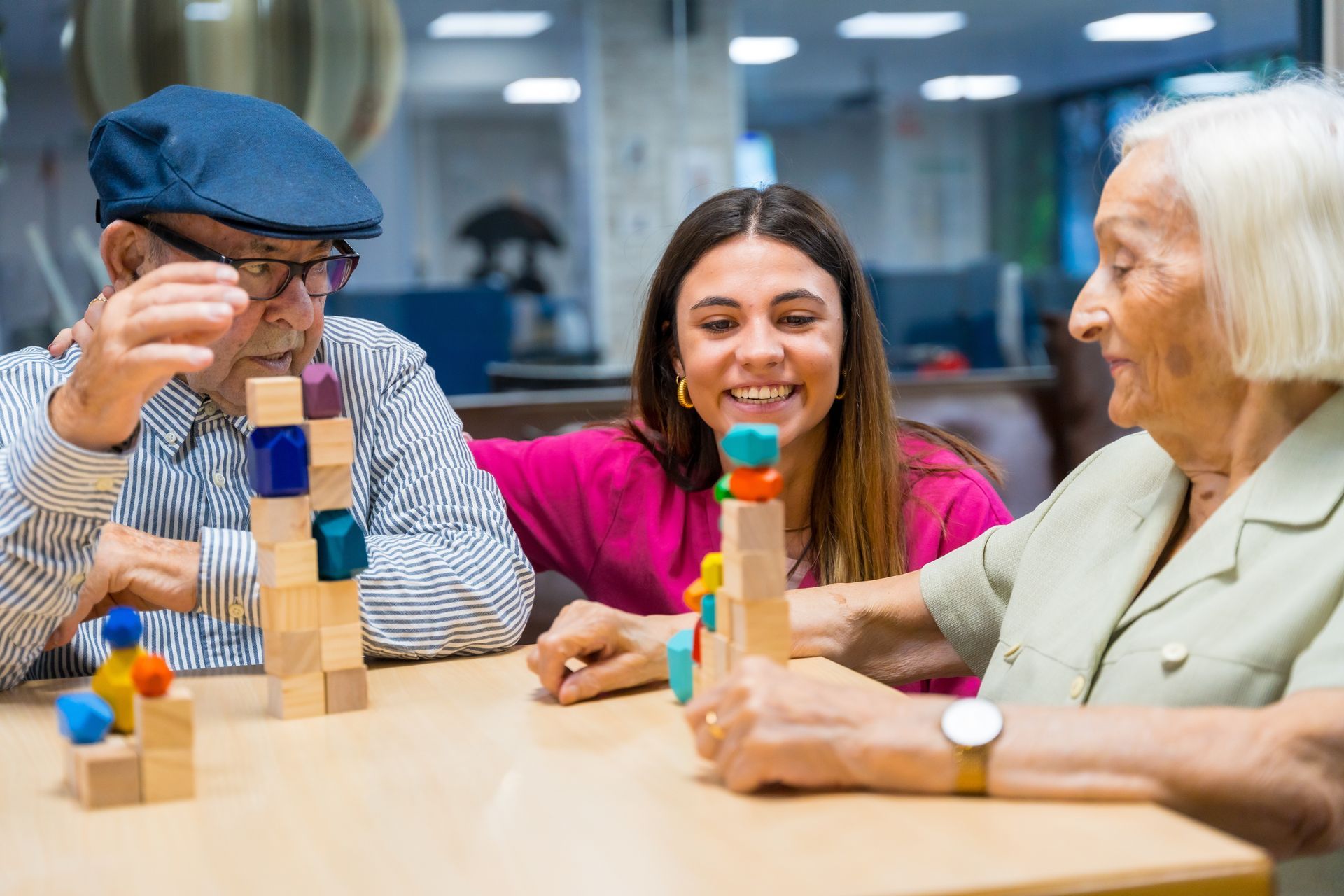BLOG
Grief, Mourning and Guilt
Grief, Mourning and Guilt
It’s normal to feel loss when you care about someone who has Alzheimer’s disease. It’s also normal to feel guilty, abandoned and angry. You’re entitled to these emotions and may start to experience them as soon as you learn of the diagnosis.
Alzheimer’s gradually takes away the person you know and love. As this happens, you’ll mourn him or her and experience the phases of grieving: denial, anger, guilt, sadness and acceptance. The stages of grief don’t happen neatly in order. You’ll move in and out of different stages as time goes on. Some common experiences in the grieving process include:
Denial
- Hoping that the person is not ill.
- Expecting the person to get better.
- Convincing yourself that the person hasn’t changed.
- Attempting to normalize problematic behaviors.
Anger
- Being frustrated with the person.
- Resenting the demands of caregiving.
- Resenting family members who cannot or will not help provide care.
- Feeling abandoned and resenting it.
Guilt
- Wondering if you did something to cause the illness.
- Regretting your actions after the diagnosis.
- Feeling bad because you’re still able to enjoy life.
- Feeling that you’ve failed. For example, when you can’t care for your loved one at home.
- Having negative thoughts about the person or wishing that he or she would go away or die.
- Regretting things about your relationship before the diagnosis.
- Having unrealistic expectations of yourself, with thoughts such as: I should have done… I must do everything for him or her. I must visit him or her every day.
Sadness
- Feeling despair or depression.
- Withdrawing from social activities.
- Withholding your emotions.
Acceptance
- Finding personal meaning in caring for someone who is terminally ill.
- Seeing how the grieving process affects your life.
- Appreciating the personal growth that comes from surviving loss.
Face your feelings
- Think about all of your feelings positive as well as negative.
- Let yourself be as sad as you want.
- Accept feelings of guilt; they’re perfectly normal.
- Work through your anger and frustration. These are healthy emotions.
- Prepare to experience feelings of loss over and over as the person with dementia changes.
- Take ownership of your feelings, so you can start healing.
- Claim the grieving process as your own. No two people experience grief the same way. Grief hits different people at different times; some people need more time to grieve than others. Your experience will depend on the severity and duration of the person’s illness, on your own history of loss, and on the nature of your relationship with the person who has Alzheimer’s.
- Know that it is common to feel conflicting emotions. It’s OK to feel love and anger at the same time.
- Consider writing in a journal as a way to help you express your feelings.
Accept yourself
- Think about what you expect from yourself. Is it realistic? Ask yourself: What do guilty feelings accomplish for me? What do they accomplish for my loved one?
- Accept things that are beyond your control.
- Make responsible decisions about the things you can control.
- Complete any unfinished emotional business with others.
- Think about the fond memories you share with the person.
- Try to feel that you deserve good things.
- As time permits, get involved in activities that you enjoy.
- Turn to spiritual beliefs, if you choose, for consolation.
Get support
- Talk with someone you trust about your grief, guilt and anger.
- If you want to meet with a therapist, interview several so you can choose one you’re comfortable with.
- Connect with other caregivers, family members and friends impacted by Alzheimer’s.
- Combat feelings of isolation and loneliness. Join a support group offered by your local
- Alzheimer’s Association.
- When you talk with other caregivers, share your emotions. Cry and laugh together.
- Don’t limit conversations to care giving tips.
- Know that some people may not understand your grief. Most people think grief
- Happens when someone dies. They may not know that it’s possible to grieve deeply
- for someone who is fading away.
Take care of yourself
- Switching from concentrating all your efforts on caring for the person to caring for yourself can be difficult. The best thing you can do for the person with Alzheimer’s disease is to stay healthy by caring for your physical, mental and emotional well-being.
- Ask others for emotional support.
- Ask others for help. Be specific, such as asking friends or family to stay with your loved one why you take a break from care giving. Or, ask others to run errands or do tasks, such as grocery shopping or mowing the lawn.
- Create balance in your life. Do things that bring you joy and comfort.
- Give yourself time to rest. You’ll be less vulnerable to illness.
- Listen to relaxation tapes or soothing music, take a walk, or try deep breathing exercises to help relieve stress.
- Let yourself enjoy humorous moments.
- Dream about the future. As you grieve, new dreams will begin to replace old ones.
The Alzheimer’s Association is the leading voluntary health organization in Alzheimer care, support and research.
Updated October 2004














